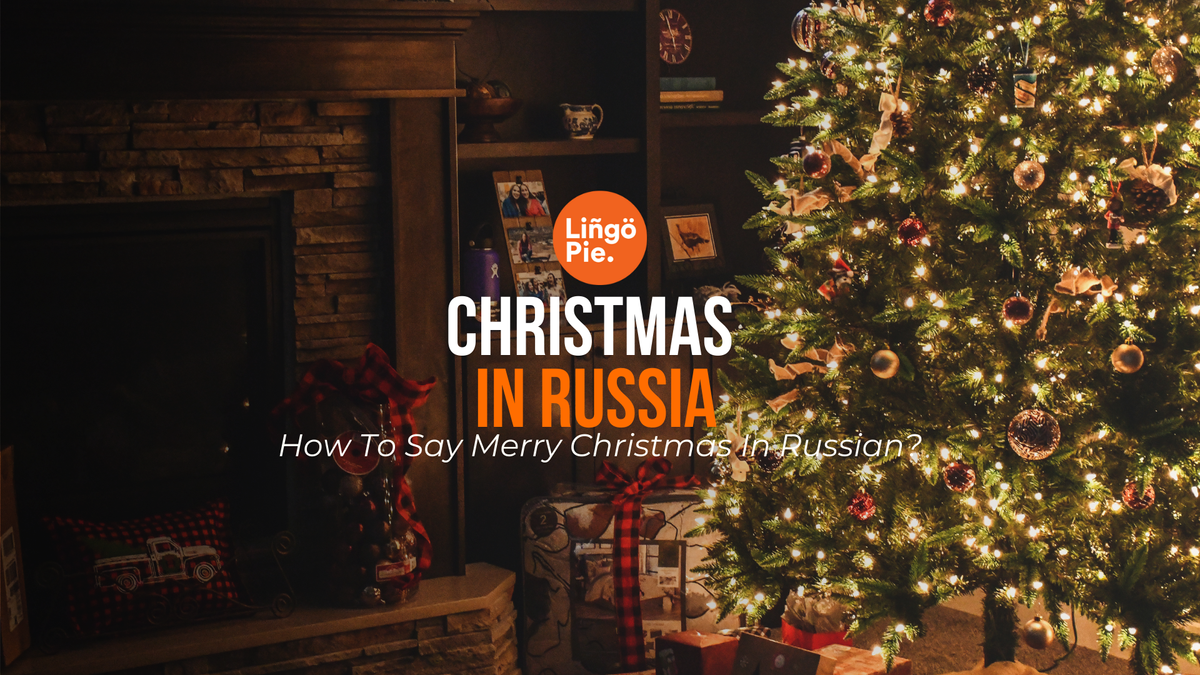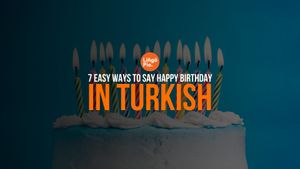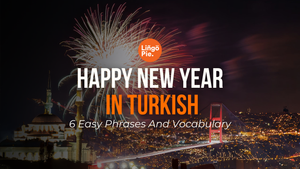While Turkey doesn’t celebrate Christmas the same way as many Western countries, it’s still a special time of year for some people living there, especially in big cities like Istanbul.
In this article, I’ll teach you how to say Merry Christmas in Turkish and some New Year-related words.
- 6 Best Apps To Learn Turkish As A Beginner [2026]
- 7 Best Turkish TV Shows For Learning Turkish (And How To Use Them)
- 10 Curse Words In Turkish To Sound Like A Native

Is Christmas Celebrated In Turkey?
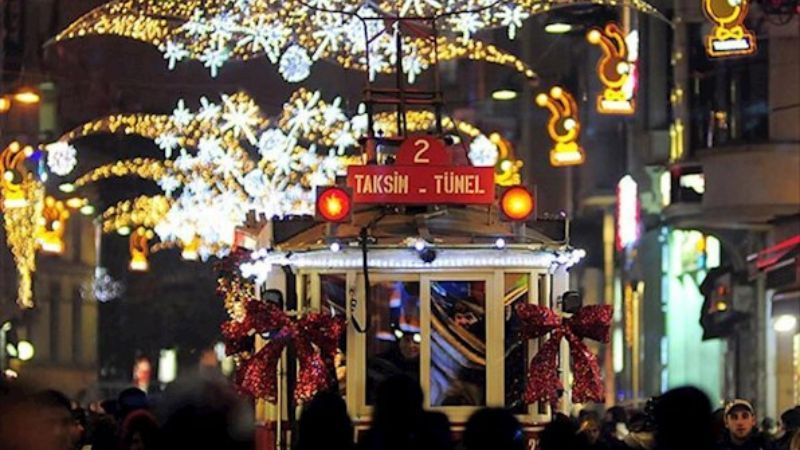
Christmas is not widely celebrated in Turkey, as it is a predominantly Muslim country, and Christmas is a Christian holiday.
However, Christmas celebrations are still observed in some parts of the country, particularly in areas with Christian communities and among expats. In cities like Istanbul, Izmir, and Antalya, you may find Christmas decorations in shopping malls, hotels, and restaurants that cater to tourists.
For many people in Turkey, New Year’s Eve (Yılbaşı) is the main festive event at the end of the year, and it is celebrated with many of the same traditions that are seen in Christmas celebrations in other parts of the world, such as decorating a Yılbaşı ağacı (New Year’s tree), exchanging gifts, and enjoying special meals.
Turkey also has a special connection to Santa Claus (Noel Baba), as the historical figure, Saint Nicholas, was born in Myra (modern-day Demre, in southern Turkey). So, while Christmas isn’t widely celebrated as a religious holiday, Turkey still plays an important role in the global Christmas story!
Read Also:
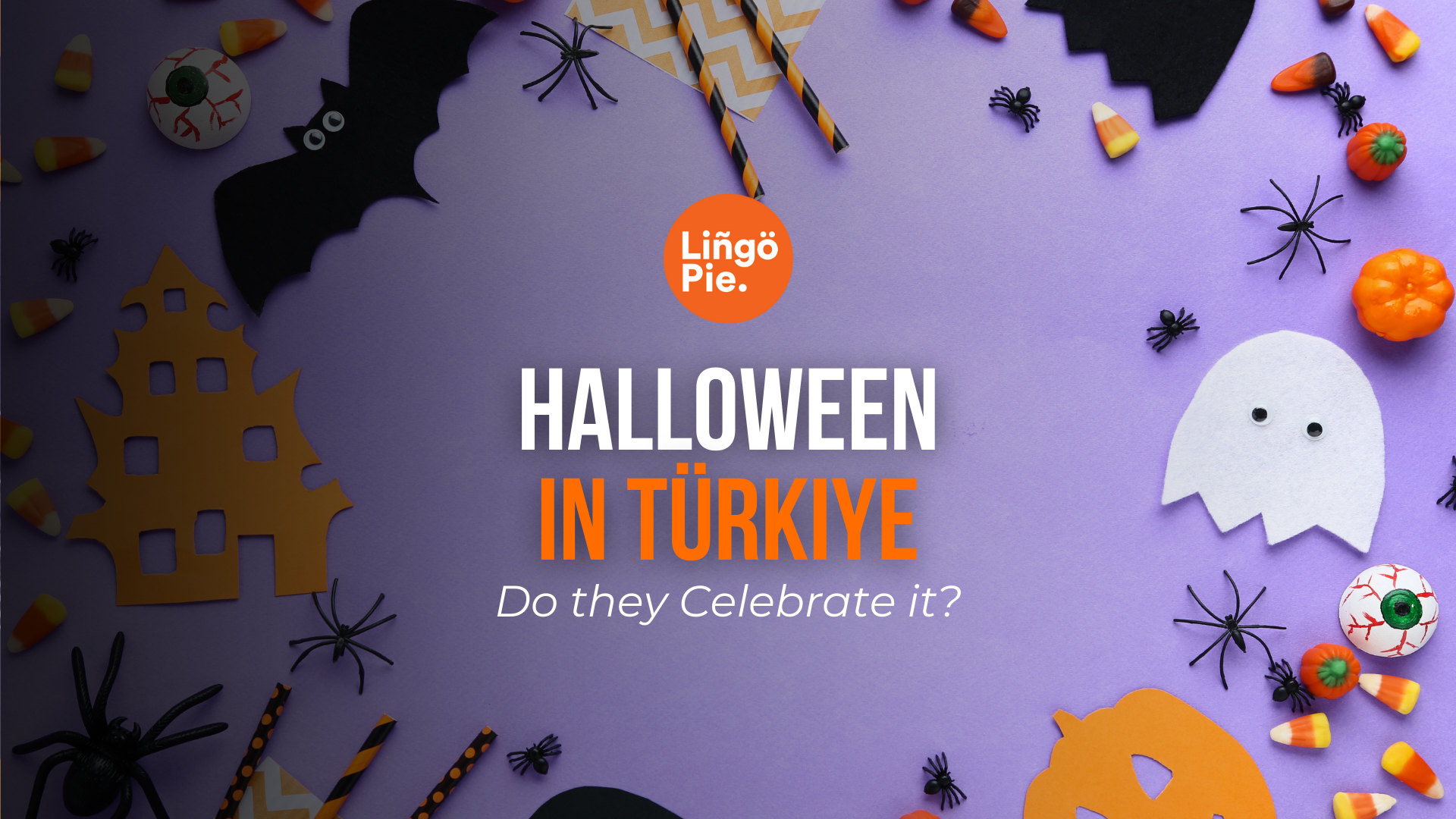
How To Say Merry Christmas In Turkish?
The Turkish phrase for Merry Christmas is "Mutlu Noeller" (pronounced: Moot-loo No-ehl-ler).
While Christmas isn’t a widely celebrated holiday in Turkey, this phrase is used in some expat communities, among Christians, and in interactions with international friends during the festive season. You might also hear it in tourist-friendly areas where locals wish visitors a happy holiday in their language.
In Turkey, the New Year (Yılbaşı) is celebrated more commonly than Christmas, often with decorations that resemble Christmas festivities, like lit-up trees and gift-giving. For New Year greetings, you can say:
- "Mutlu Yıllar" – "Happy New Year"
- "İyi Seneler" – "Good wishes for the year ahead"
Both phrases are widely used and help spread holiday cheer as Turkey welcomes the start of a new year!
Christmas Vocabulary In Turkish
This list will help you get into the festive spirit while learning Turkish holiday-related words!
| English | Turkish | Pronunciation |
|---|---|---|
| Christmas | Noel | [No-ehl] |
| Merry Christmas | Mutlu Noeller | [Moot-loo No-ehl-ler] |
| Santa Claus | Noel Baba | [No-ehl Bah-bah] |
| Tree | Ağaç | [Ah-ghach] |
| Gift | Hediye | [Heh-dee-yeh] |
| Star | Yıldız | [Yuhl-duhz] |
| Snow | Kar | [Kahr] |
| Decoration | Süs | [Süs] |
| Celebration | Kutlama | [Koot-lah-mah] |
| Winter | Kış | [Kuhsh] |
| Light | Işık | [Uh-shuhk] |
| Family | Aile | [Ah-ee-leh] |
Turkish Traditions During The Festive Season
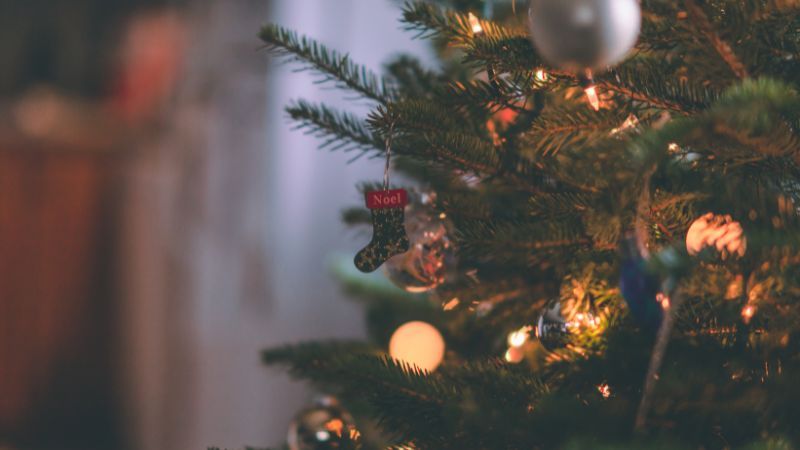
Turkey doesn’t traditionally celebrate Christmas as it is in Western cultures, but the festive season is still lively, thanks to New Year’s Eve (Yılbaşı) celebrations. For many in Turkey, Yılbaşı is the highlight of the winter holidays, blending elements that feel similar to Christmas but without the religious aspect.
New Year’s Eve (Yılbaşı)
On New Year’s Eve, families and friends gather to enjoy a big meal, exchange gifts, and watch TV programs filled with music and comedy. Decorations, including lights and ornaments, give homes and public spaces a festive feel, much like the Christmas spirit.
Decorated Trees (Yılbaşı Ağacı)
One common tradition during the festive season is the decoration of a Yılbaşı ağacı (New Year’s tree). These trees are often mistaken for Christmas trees, as they’re adorned with lights, baubles, and tinsel. This practice has become increasingly popular, especially in cities, giving the holiday a colorful and celebratory vibe.
Noel Baba (Santa Claus)
Did you know that Santa Claus has Turkish roots? The story of Noel Baba (Santa Claus) traces back to Saint Nicholas, a 4th-century Christian bishop from Myra, now known as Demre, in Antalya Province. Saint Nicholas was famous for his generosity, helping the poor and secretly gifting money to those in need. Over centuries, his legend evolved into the modern-day Santa Claus we recognize today. Visitors to Demre can explore the Church of Saint Nicholas, a historical site dedicated to this beloved figure.
By blending local customs with global influences, Turkey’s festive traditions during this season offer a unique mix of warmth, joy, and cultural heritage.
Read Also:
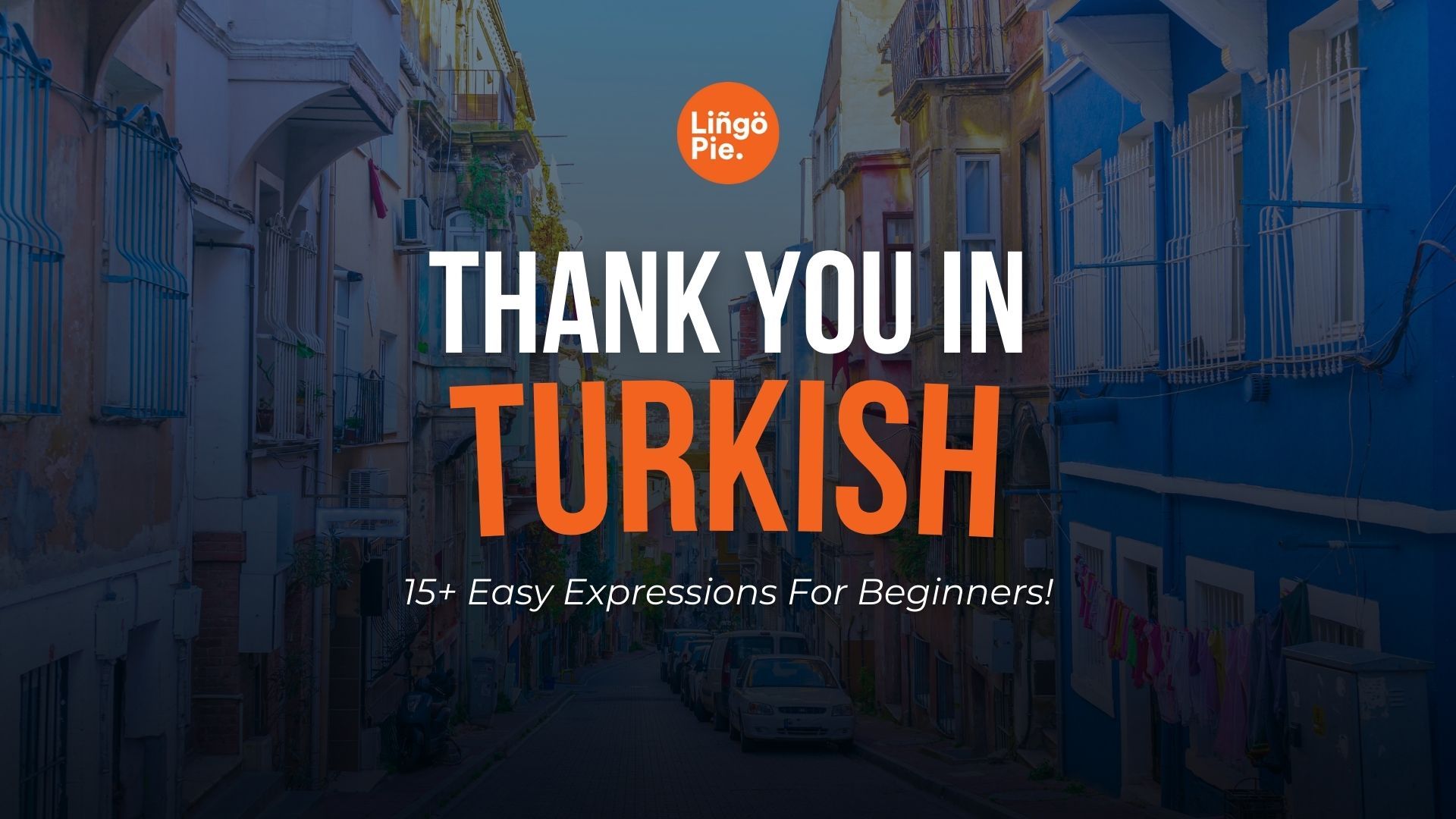
How Do Turkish People Celebrate The New Year?
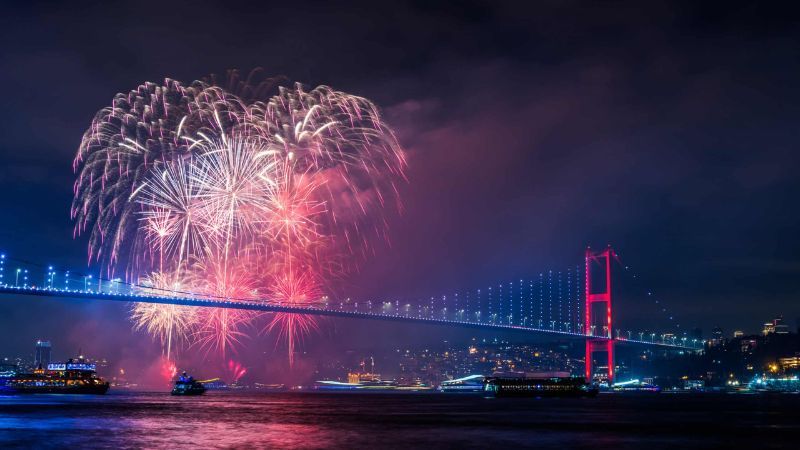
In Turkey, New Year’s Eve (Yılbaşı) is one of the most widely celebrated events of the year, in contrast to Christmas. Although it’s not a religious holiday, it carries festive and family-oriented traditions that bring people together. Here’s a look at how Turkish people celebrate the New Year:
1. Family Gatherings and Festive Meals
Many families come together for a special New Year’s Eve dinner. The meal often includes:
- Roast turkey (Hindi): Inspired by Western traditions but adapted with Turkish flavors.
- Meze (appetizers): Dishes like stuffed grape leaves (yaprak sarma), hummus, and eggplant salads.
- Sweet desserts: Baklava and şekerpare are popular choices to end the meal.
The dinner table is a key part of the celebration, filled with laughter, conversation, and festive cheer.
2. Watching New Year’s TV Specials
A favorite tradition in Turkey is watching New Year’s Eve programs on television. These shows feature live music, comedy skits, and celebrity performances. The countdown to midnight is often accompanied by a big musical finale.
3. Fireworks and Midnight Celebrations
In major cities like Istanbul, Ankara, and Izmir, fireworks light up the sky at midnight. Many people gather at public squares, along the Bosphorus, or on terraces to watch the colorful displays.
4. Lottery Excitement
The Milli Piyango (National Lottery) is a huge part of New Year’s in Turkey. People eagerly buy tickets leading up to December 31, hoping to win the grand prize. Watching the lottery drawing has become a tradition for many.
5. Exchanging Gifts and Decorating Christmas Trees
Some Turkish families exchange gifts on New Year’s Eve, especially in urban areas. Decorating a Yılbaşı ağacı (New Year’s tree) with ornaments, lights, and tinsel is also common, bringing a festive atmosphere into homes.
6. Celebrations at Restaurants and Parties
For those who prefer to go out, many restaurants, clubs, and hotels host New Year’s Eve parties with live music, dancing, and gourmet menus. In cities like Istanbul, these events often include Bosphorus views and a lively atmosphere.
7. Traditional Beliefs and Customs
Some people follow traditional customs to bring good luck in the New Year, such as:
- Wearing red underwear to attract luck and love.
- Breaking a pomegranate on the doorstep symbolizes abundance and prosperity.
Read Also:

Final Words
In Turkey, New Year’s Eve, or Yılbaşı, is celebrated with lots of fun traditions like family dinners, fireworks, and decorating a New Year’s tree. While Christmas isn't widely celebrated, people still enjoy the festive season with lots of food, music, and excitement.
Did you enjoy this post? If you did, then you better sign up for a FREE account to trial Lingopie for 7 days. This language-learning tool lets you learn Turkish and other foreign languages through hit TV shows and movies. Now that's what I call fun! Give it a try now by clicking bellow.





![Korean Onomatopoeia: 80+ Sounds And Mimetic Words [Guide]](/blog/content/images/2025/12/Korean-onomatopoeia.jpg)
